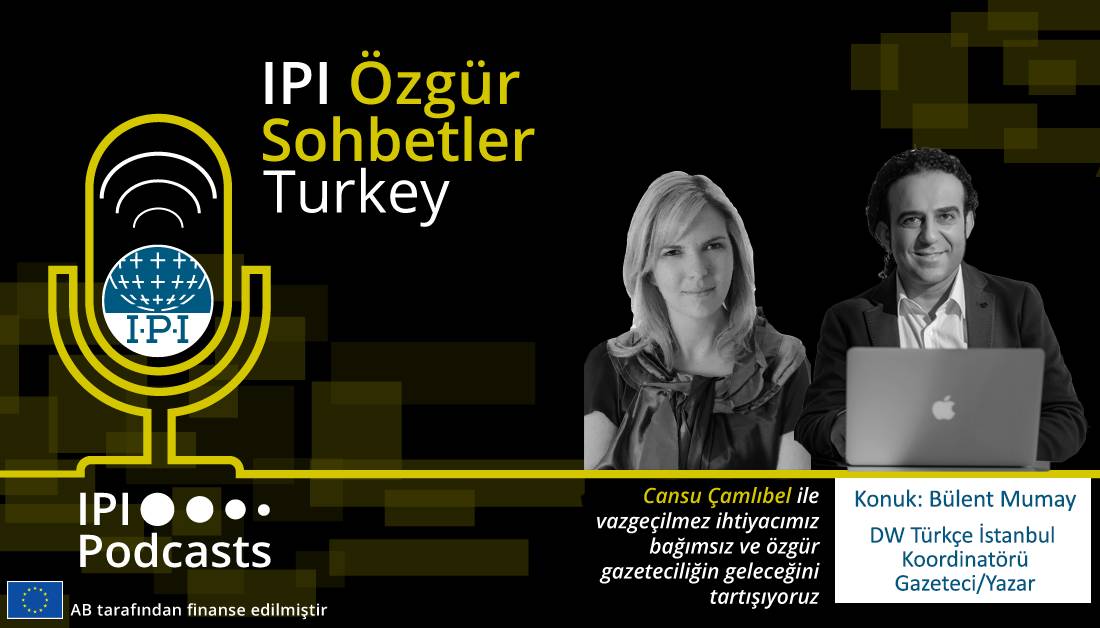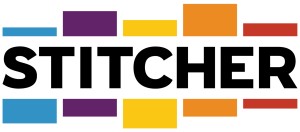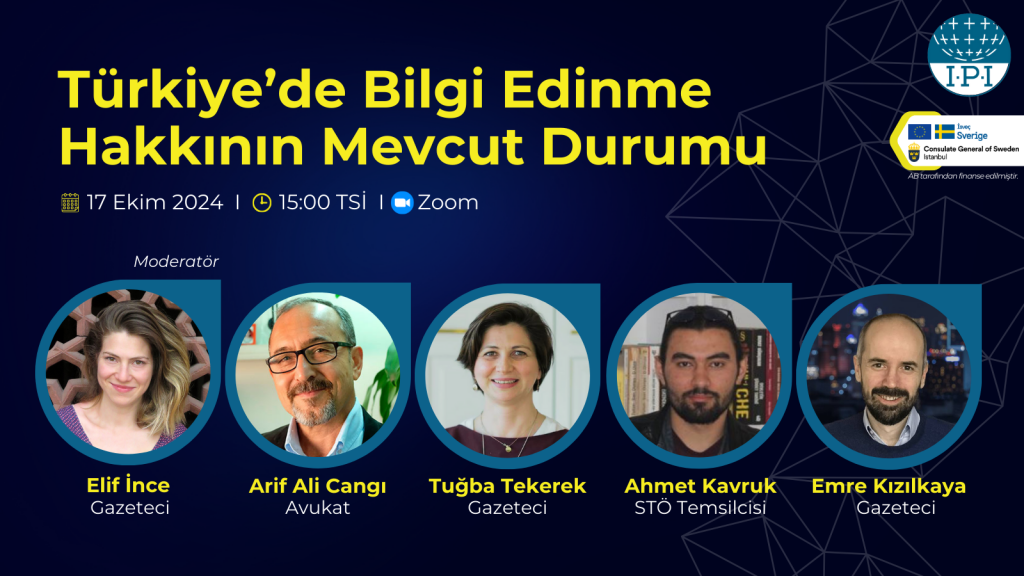Also available on:
The 29th episode of IPI’s podcast series IPI Freedom Dialogues: Turkey is out now!
Previous episodes of IPI’s Freedom Dialogues: Turkey podcasts are available here.
In this episode host Cansu Çamlıbel invites Bülent Mumay, a prominent journalist and Istanbul coordinator of Deutsche Welle’s (DW) Turkish service, to discuss the Turkish telecommunications regulator’s (RTÜK) broadcast ban on DW, the potential consequences of the draft “disinformation” bill before parliament, and the role of international broadcasters in the increasingly authoritarian environment of Turkey.
Mumay describes how since the 2013 Gezi protests, international broadcasters have seen a sharp rise in demand for their content in Turkey and how this coincides with government efforts to restrict the plurality and independence of national broadcasters and the stifling of local journalism. The resulting news vacuum is being filled by international broadcasters programming in Turkish.
In response the government is now choosing to suppress the international broadcasters by subjecting them to license applications and broadcast bans. “RTÜK, an institution whose role is to regulate broadcasting in Turkey in an independent manner as an autonomous and impartial public legal authority, has been turned into a censorship mechanism of the government,” Mumay said.
Topics covered in the podcast include:
• RTÜK’s arbitrary use of its authority and the broadcast ban on DW Turkish service
• International broadcasters as an alternative to a repressed local media
• RTÜK’s role in the political suppression of the freedom of the press
• Potential consequences of the draft “disinformation” bill for the society at large
• Potential outcomes of the recent “BTK-gate” scandal










